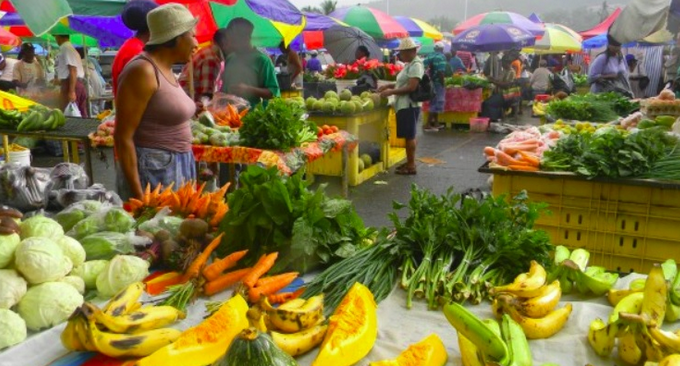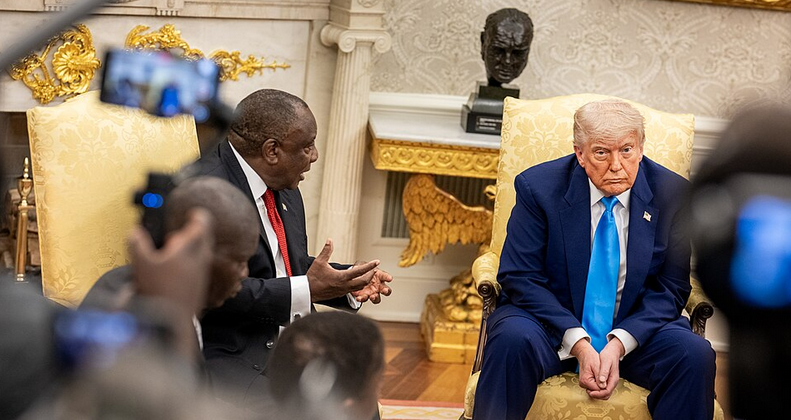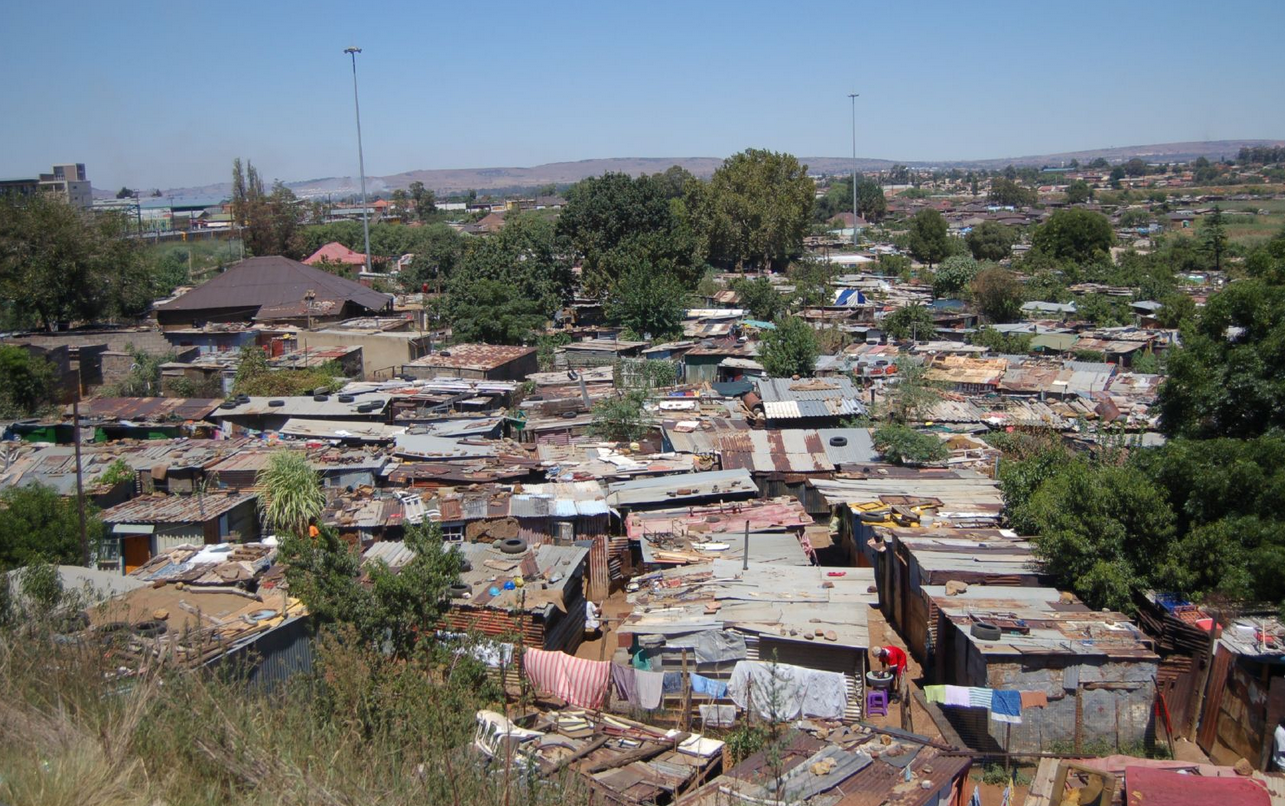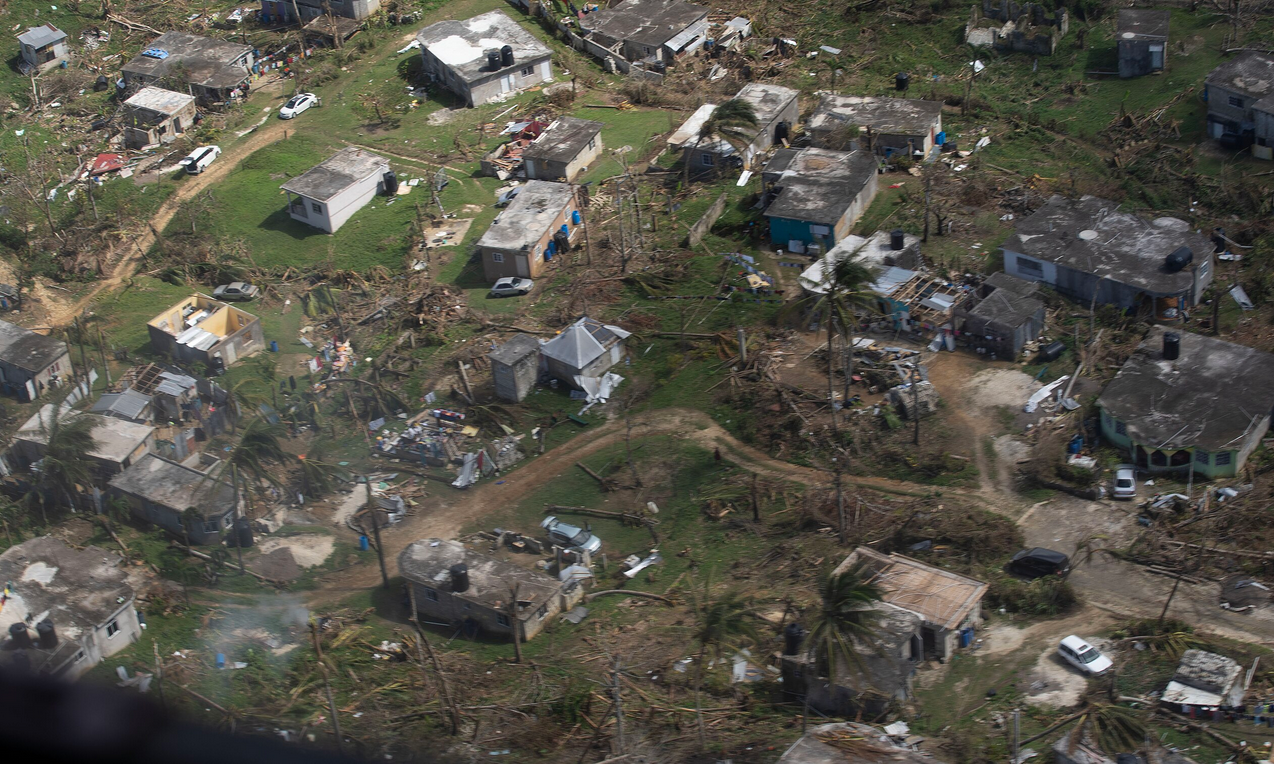By CARICOM
Photos: CARICOM\Wikimedia Commons
The President of Guyana is confident that the investments in agriculture, policy formulation and the dedication of CARICOM Heads of Government will lead to success in reducing the Region’s high food import bill.

His Excellency Dr. Mohamed Irfaan Ali, who is also the Caribbean Community’s Lead Head of Government with responsibility for Agriculture and Food Security, expressed his optimism at the Media Conference for the 47th Regular Meeting of the Conference of Heads of Government of CARICOM in St. George’s, Grenada, on 30 July.
The President referred to the devastation of the agriculture sectors in Member States which were impacted by Hurricane Beryl in early July, and pointed out that preliminary estimates for damage and loss are in the vicinity of US$150M. Notwithstanding the challenges “we will be successful in reducing that food import bill and expanding our production,” he said.
During the Heads of Government Meeting, the President reported that the Region was making measured progress towards regional food and nutrition security, with the April 2024 CARICOM/World Food Programme Livelihood Survey indicating a 17% reduction in food insecurity.
The Meeting Communique stated that by the first quarter of 2024, CARICOM Member States had recorded a 30% achievement of targets set and a 12% decline in real imports, equal to a quarter of a billion dollars.
“The Meeting noted the development of a Regional Youth in Agriculture Strategy and the launch of the Regional Economic Agri-Insurance Programme (REAP) on 26 July 2024, as positive steps toward building resilience and production.
“Heads of Government urged regional financial institutions to provide a special programme of support to the agriculture stakeholders and enterprises towards recovery and rehabilitation of the sector. They also agreed to the adoption of a regional resilient Farmstead- Shadehouse Model geared towards the economic improvement of rural family farms. This model is adaptable to the specific circumstances of particular Member States,” the Communique stated.








